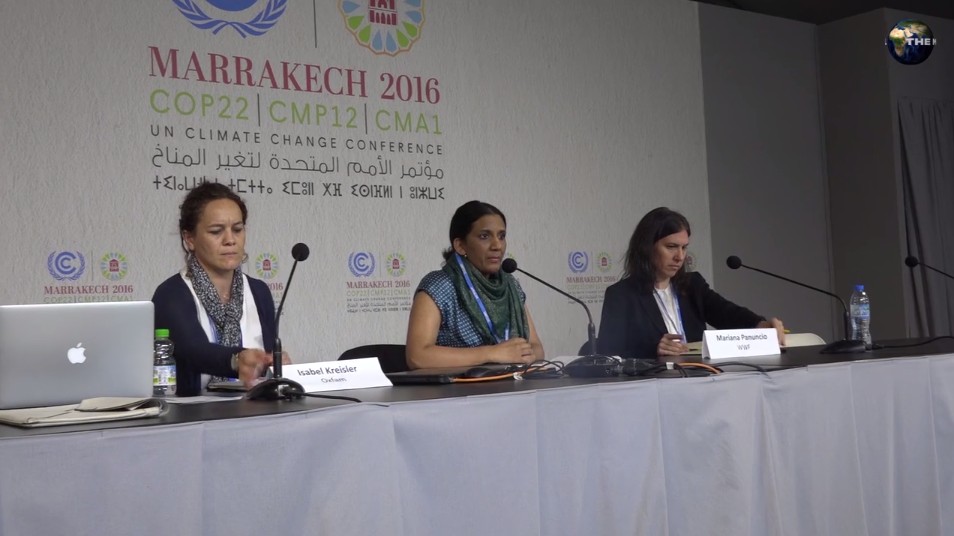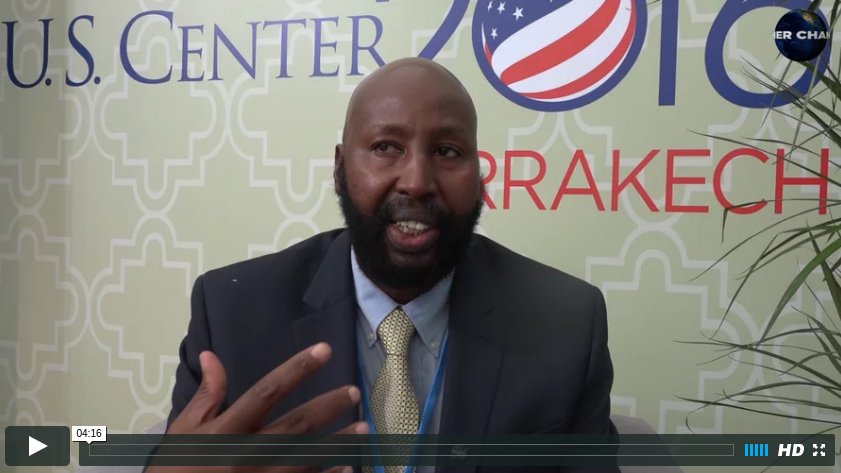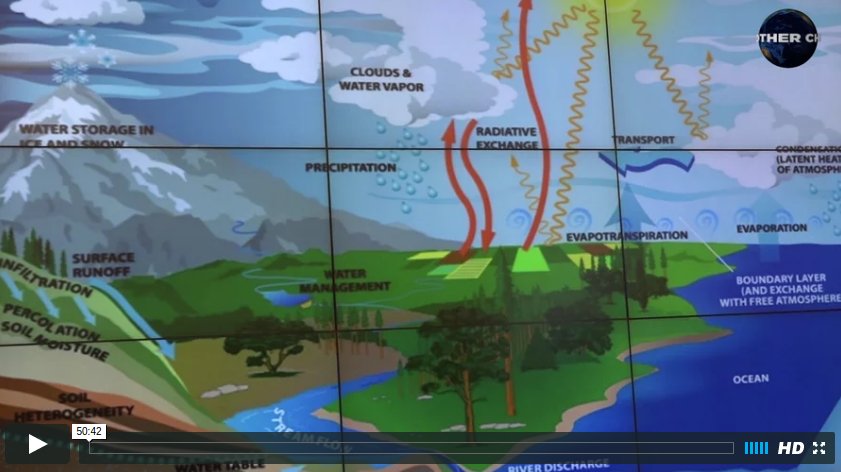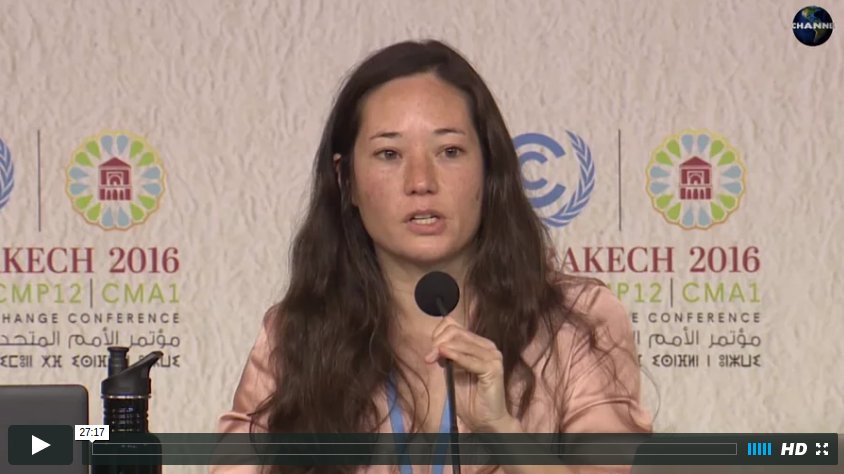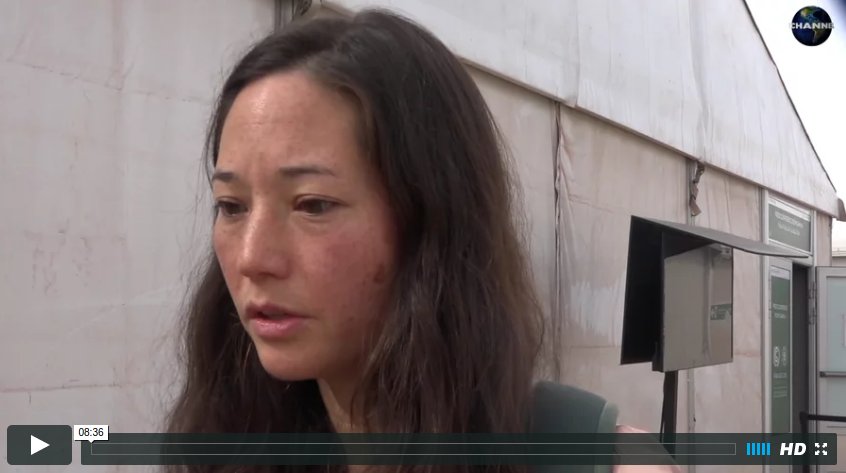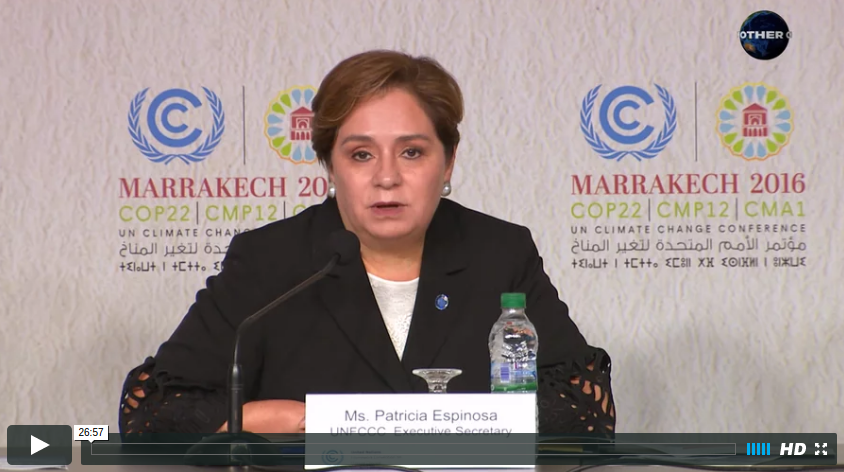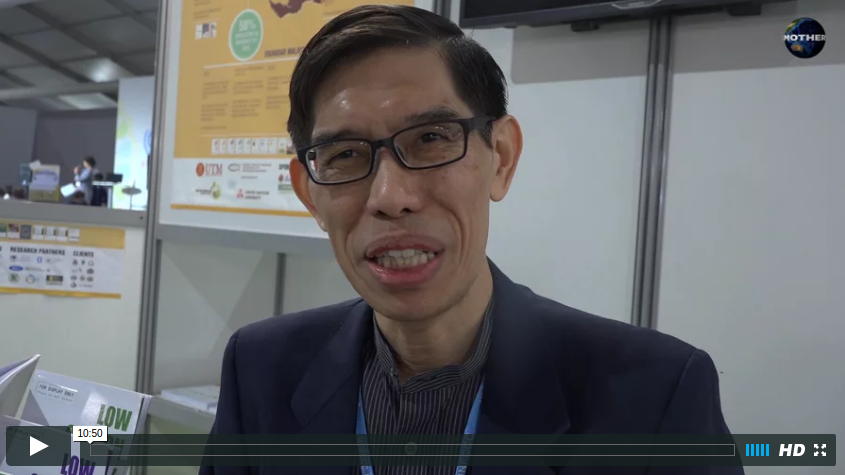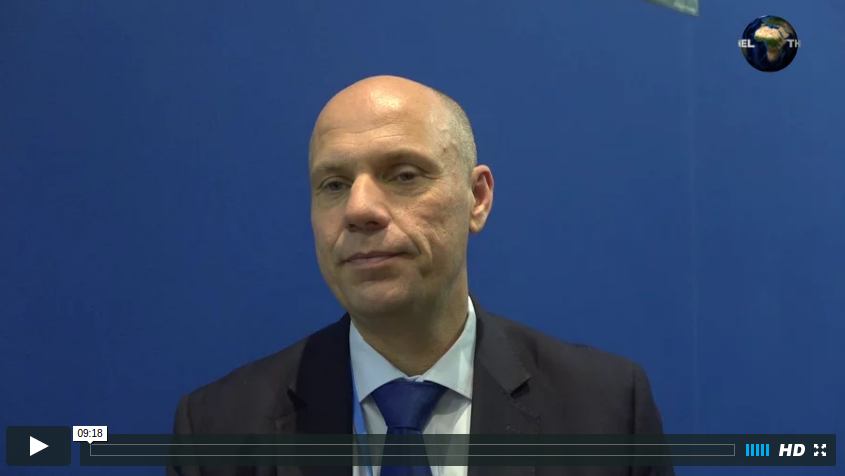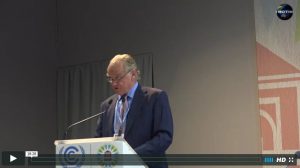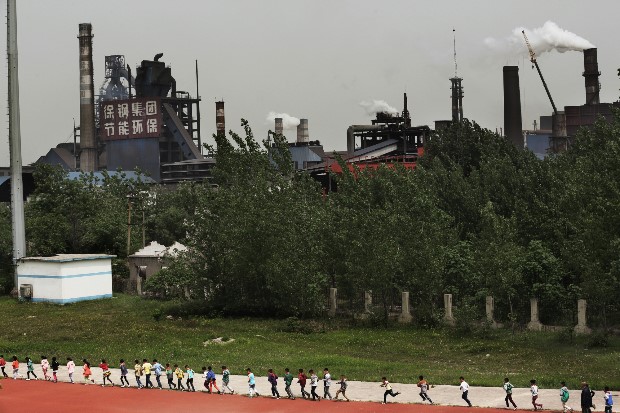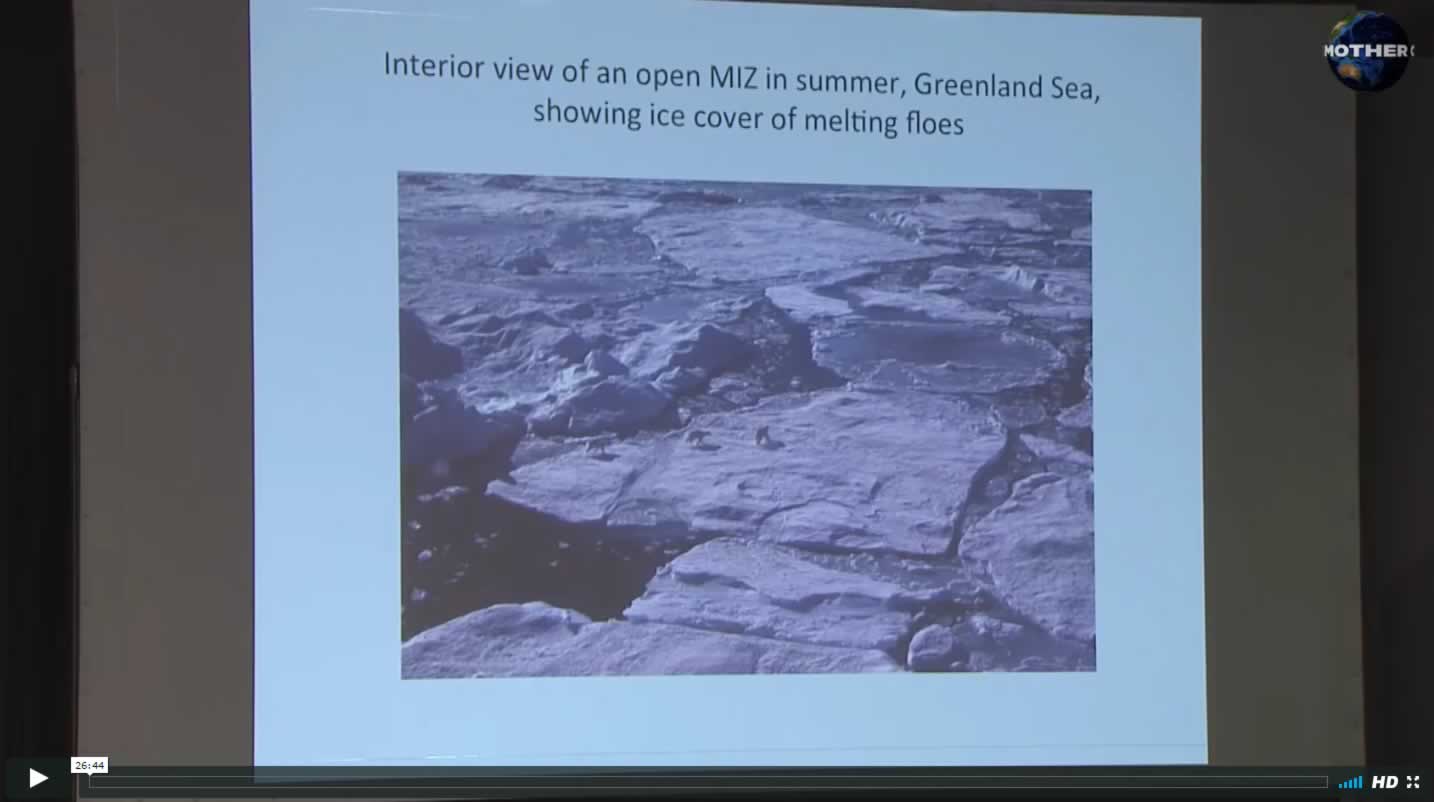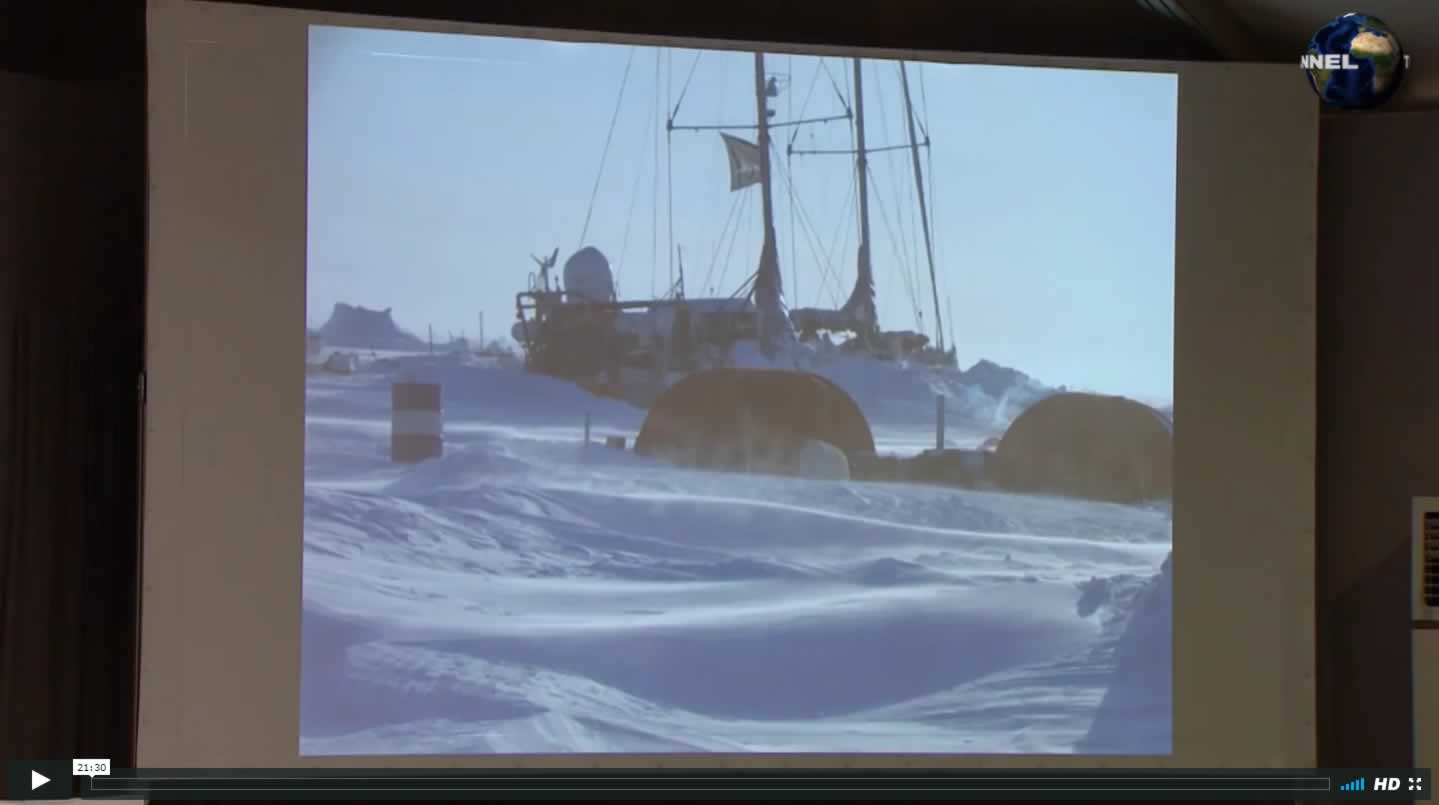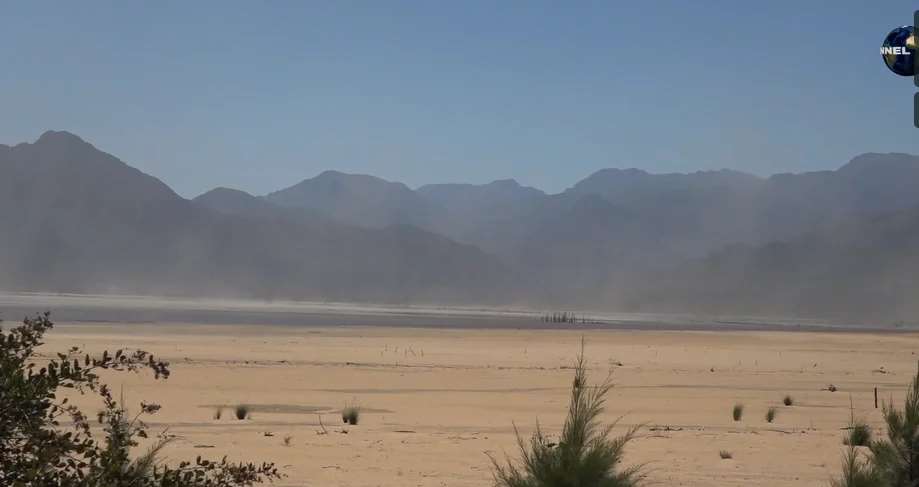- Live Stream
- Climate Change
- ENN
- Environmental Info
- Green Business
- Green Solutions
- Beautiful World
- Categories
- Articles
- Arctic & Glaciers
- Polar Regions and Glacier Reports
- Ethical Dimensions
- Global Warming
- Peatlands & Wetlands
- ENN – The Environmental News Network
- Agriculture
- Chemicals
- Conservation
- Fish Crime
- Forests
- Health
- Mountains
- Oceans
- Energy
- Money
- Green or Gone
- Nutrition
- Permaculture
- Various Solutions
- Powerful
- Watch This
- Water
- Breaking News
- Series ENN
Disrupted Culture: Global Warming affecting our Heritage
The National Trusts Organisation and the International Polar Foundation presented on Culture on the Move: Sea Level Rise, Cultural Heritage and Climate Mobility, at the UN COP 22, Marrakech – When communities are displaced by climate change, we discover the many ways in which cultural heritage intersects with climate mobility. Oliver Maurice, the director of […]
CLOSE

